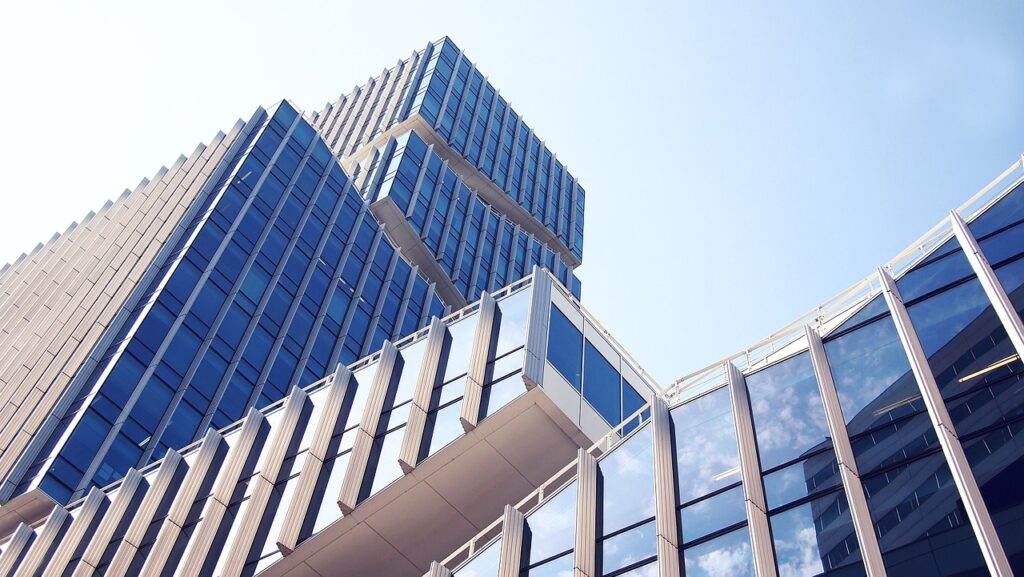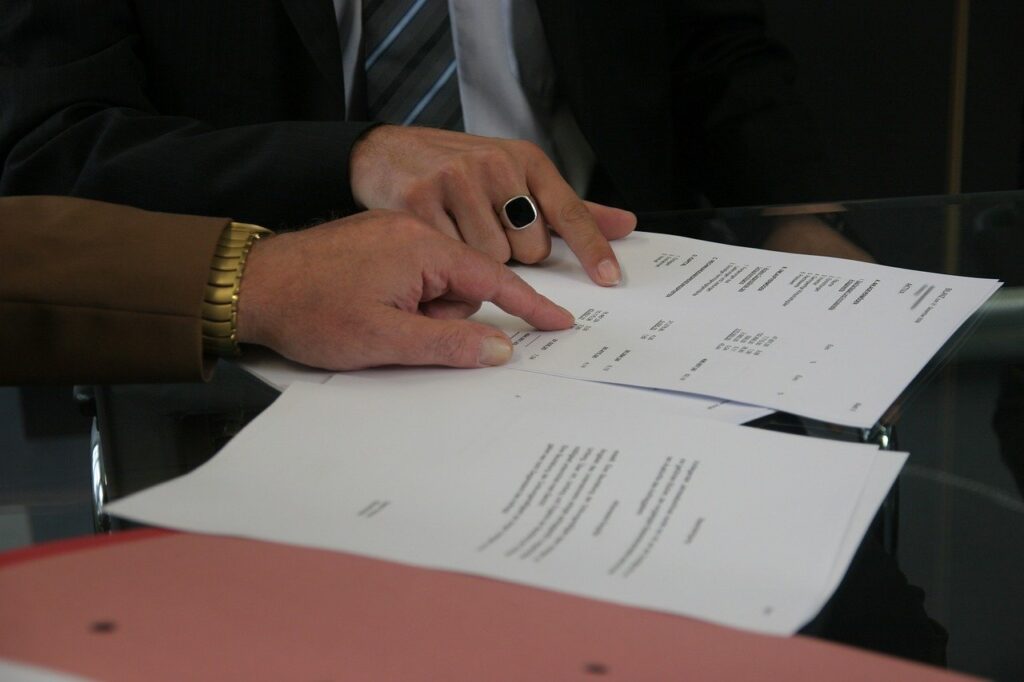Why is Understanding Commercial Real Estate Lease Negotiations Important for Business Owners?
Business owners are busy actually operating their business. There are so many other things to work on besides a one-time lengthy and complex property lease.
It takes a lot of time and there’s a lot to consider- there could be key things missing from the lease agreement! Commercial real estate leasing is probably one of the most expensive line-items in a business budget (second place to the people that work in the business), so the single task of lease negotiation requires a lot of resources, but who’s got the time for that?
Savvy business owners focus on their operations and get support for tasks that divert from the core function- whether it’s social media outreach, accounting, or a commercial real estate lease negotiation.
In commercial lease negotiation, the tenant will NEVER have more power, more leverage, or more sway with the landlord than before signing on the dotted line. There’s no do-over if, after signing on the dotted line, in 30 days, or 30 months, or 3 years, the tenant finds out that lease didn’t account for everything it was supposed to! It’s a very expensive mistake and can make or break the business based on specific terms within the lease.
For example, the landlord’s only income is from the rent revenue, so there’s incentive to pass costs on to the tenant whenever possible. The landlord may, in the lease, attempt to disclaim responsibility entirely, which means not having to do the action and not having to reimburse the tenant for the cost of the action.
If the landlord states it doesn’t take responsibility for something, such as the cost of repairing an air conditioning in a building, then the responsibility naturally falls to the other party in the contract- the tenant!
It’s not just the responsibility, but the cost of the responsibility. It’s important to not just understand what is in the lease, but also what could potentially be missing from it, and how that affects the rights and responsibilities of each party to the property contract.
A commercial lease lawyer can put back rights the landlord may have taken away in its “standard” lease form, and they protect the business in ways the business owner didn’t even consider! The landlord may disclaim its own negligence, and tenant may be taking on that responsibility needlessly. Remember, there is no actual “standard” lease no matter what an online lease web form says.
 A good commercial real estate broker can help a tenant find a commercial property that has the characteristics the wants at a price point the tenant can afford. After the location is identified, and the deal is worked out, then landlord should present the lease document for the tenant’s review. That’s when it’s time to contact a commercial lease lawyer.
A good commercial real estate broker can help a tenant find a commercial property that has the characteristics the wants at a price point the tenant can afford. After the location is identified, and the deal is worked out, then landlord should present the lease document for the tenant’s review. That’s when it’s time to contact a commercial lease lawyer.
The attorney will read, understand, and explain, in plain English, the meaning of the lease and its consequences for the business. The commercial real estate attorney’s job is to protect the business’ interests.
 The lease is an ongoing commercial contract, just like leasing a house or a car, except it’s for a longer duration and more expensive than a consumer transaction. There’s ongoing maintenance under the lease agreement- there will be bills to reconcile and decisions about renewing, extending or terminating the commercial lease location. The relationship with the attorney should continue after the lease agreement is signed!
The lease is an ongoing commercial contract, just like leasing a house or a car, except it’s for a longer duration and more expensive than a consumer transaction. There’s ongoing maintenance under the lease agreement- there will be bills to reconcile and decisions about renewing, extending or terminating the commercial lease location. The relationship with the attorney should continue after the lease agreement is signed!
I hope this information has been helpful. I’m Jenna Zebrowski, and I’m a real estate lease lawyer, but I’m not your lawyer yet. This information is provided not as specific counsel, but as general information to help you make an informed decision about your commercial lease. Remember, hiring a lease lawyer in often much cheaper than getting in a bad business situation. Give me a call if I can help (817) 841-5762.
Other Helpful Questions About Lease Law
- Can you create your own rental agreements using online forms?
- What is a Standard Commercial Lease Agreement Form?
- What Are Lease Terms and Common Things That Commercial Real Estate Tenants Should Understand?
- What is a Commercial Real Estate Lease?

